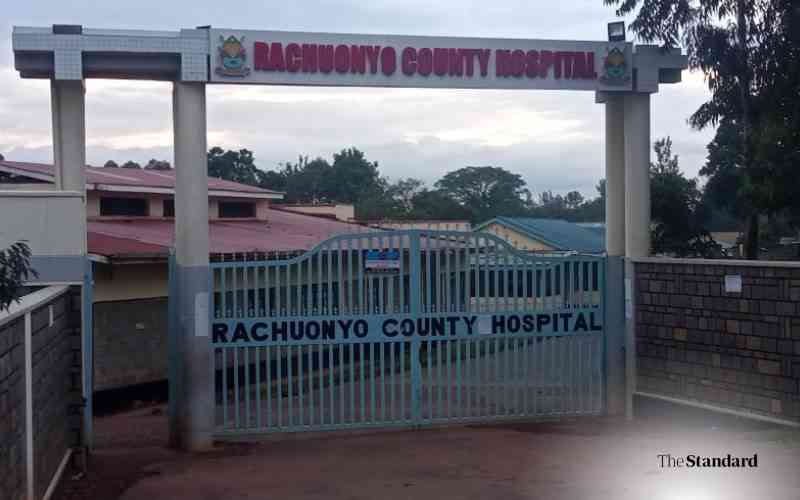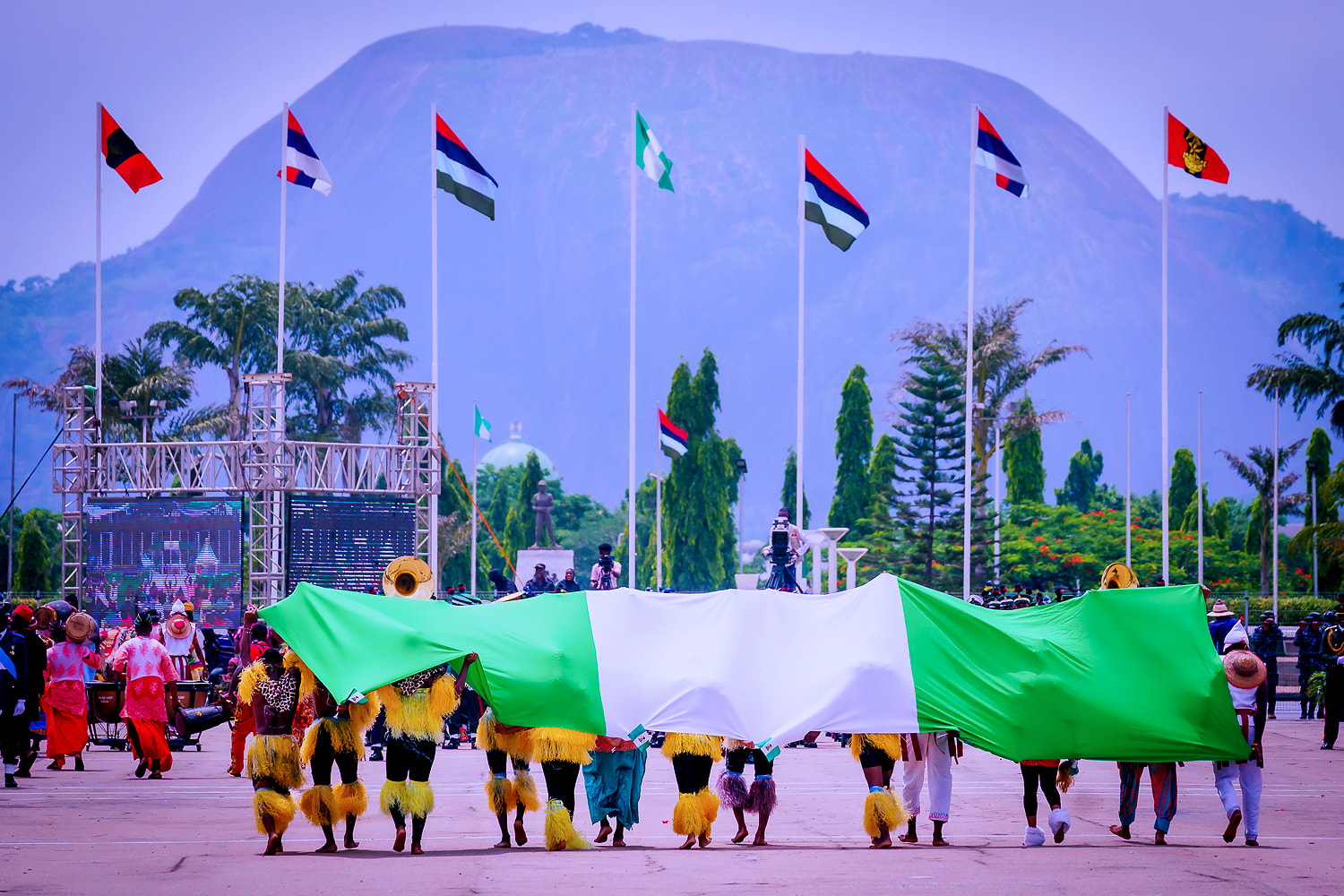Equity Group reports KShs 15.4 Billion in profits after tax
Equity Group’s latest financial results showcase a remarkable blend of strategic agility and resilience, positioning the institution as a regional powerhouse in the African financial services sector. The Group has emerged as the second-largest player in three of its six key markets—Kenya, the Democratic Republic of Congo (DRC), and Rwanda—thanks to a well-calibrated regional strategy.
- Advertisement -
This focus has translated into robust numbers: customer deposits grew by 7% year-on-year, reaching Kshs 1.32 trillion, which in turn fueled a 3% increase in net loans to Kshs 804.7 billion. Total assets expanded by 4% to Kshs 1.75 trillion, demonstrating Equity’s capacity for sustained growth and economic transformation.
The Group’s profitability remains strong, with a Return on Equity (ROAE) of 23.9% and a Return on Assets (ROA) of 3.5%. Profit After Tax (PAT) stood at Kshs 15.4 billion, a testament to the Group’s diversified business model and prudent financial management. Notably, when excluding the impact of South Sudan’s non-operational inflation accounting, profit before tax grew by 8% to Kshs 18.8 billion.
Central to Equity Group’s ongoing success is its tri-engine approach, which seamlessly integrates commercial, social, and sustainability priorities. This strategy not only drives sustainable economic growth but also ensures that the Group’s impact is felt across society. Equity’s legacy of resilience, strong governance, and a scalable, agile business model has enabled it to thrive in diverse markets, consistently delivering value to both customers and stakeholders.
The performance of the Group’s Kenyan subsidiary has been particularly impressive, registering a 7% growth in deposits to Kshs 792.7 billion. Total revenue jumped by 19%, while non-funded income surged by 23% to Kshs 7.57 billion, leading to a 50% increase in profit before tax.
The subsidiary’s return on assets and equity improved to 3.4% and 26.0%, respectively, and it continues to be a major contributor, accounting for 51% of total revenue. Meanwhile, regional subsidiaries are proving to be strong engines of growth. In Tanzania, deposits rose by 14% and loans by 9%, with profit before tax soaring by 540%.
The DRC subsidiary, EquityBCDC, is pivotal in the Group’s Africa Recovery and Resilience Plan (ARRP), having achieved a 9% year-on-year growth in customer loans and an 8% increase in deposits. These subsidiaries now account for nearly half of the Group’s total assets, net loans, and profit before tax, reinforcing Equity’s position as a cross-border financial leader in East and Central Africa.
Dr. James Mwangi, Managing Director and CEO of Equity Group Holdings Plc, emphasized the Group’s resilience and financial strength, highlighting its ability to seize growth opportunities across the region. He pointed to the Group’s robust liquidity and capital positions—58.5% and 18.3%, respectively—as key enablers of continued sustainable growth and long-term value creation for customers, communities, and shareholders.
On the operational front, net interest income increased by 3% to Kshs 28.6 billion, while total expenses decreased by 1% to Kshs 29.5 billion, resulting in a profit before tax of Kshs 18.7 billion. The Group maintained a Non-Performing Loan (NPL) ratio of 14%, well below the industry average of 17.2%, with NPL coverage at 67%, underscoring strong asset quality.
Equity’s non-banking subsidiaries—spanning investment banking, fintech, and insurance—continue to deliver stellar results, supporting revenue diversification and deepening the Group’s value proposition. The insurance business, in particular, saw a 27% rise in profit before tax to Kshs 414 million and has issued 15.3 million policies since March 2022, with 80% distributed digitally.
The Group is also in the process of acquiring a health insurance subsidiary license, which will complement its existing general and life assurance licenses and enable the delivery of comprehensive insurance solutions to corporate, SME, and retail customers.
Equity Bancassurance Intermediary Limited has played a central role in driving growth, risk protection, and insurance literacy across the Group’s customer base. The investment bank and technology divisions have also performed strongly, with profitability increasing by 142% and 10%, respectively, reinforcing the Group’s diversification strategy and its ability to advance the Africa Recovery and Resilience Plan (ARRP).
The ARRP is a bold, private sector-led development blueprint championed by Equity. It aims to catalyze, capacitate, connect, and finance enterprises and households across Africa, empowering individuals, businesses, and communities to achieve their social, environmental, and economic ambitions.
Strategic partnerships with Development Finance Institutions (DFIs), global implementation partners, and social institutions have been key to delivering lasting social and commercial outcomes. Notably, collaborations with the African Development Bank (AfDB), Microsoft, and Mastercard Corporation are digitizing 10 million farming customers under the Community Pass initiative through the MADE Alliance.
The Group has also partnered with the World Food Programme to enhance the capacity of smallholder farmers transitioning to agribusiness and has secured over Kshs 27 billion in guarantees through the African Guarantee Fund (AGF), expanding access to credit for women- and youth-led MSMEs.
Technology and digital transformation remain at the heart of Equity’s strategy. The Group has modernized its digital channels, which now process 87% of all transactions, offering customers a secure, seamless digital-first experience. The Equity Mobile App and USSD platforms processed 39.5 million transactions worth Kshs 942.7 billion, while Equitel handled 92 million transactions, reflecting strong customer adoption.
The EazzyFX platform recorded Kshs 29.5 billion in transaction value, and Equity Online posted Kshs 41.7 billion. The Pay With Equity (PWE) merchant and payments platform processed Kshs 567.6 billion across more than 1.1 million merchants, further cementing Equity’s leadership in retail and enterprise payments.
The integrated ONE Equity platform provides customers with access to a broad range of products and services across digital channels, enhancing cross-selling opportunities and deepening customer engagement.
Equity Group’s commitment to social impact is evident in its wide-ranging initiatives. The Equity Leaders Program (ELP) has supported 29,515 scholars, with 113 currently on full scholarships at top global universities and over 970 alumni having studied at 233 universities in 37 countries. This year, 750 scholars joined the pre-university internship program, bringing the total to 9,700 paid internships and 3,979 TVET scholars supported to date.
On the environmental front, the Group has planted over 35 million trees and distributed nearly 500,000 clean energy products, supporting nature restoration and clean energy adoption. With over USD 200 million extended in climate finance, Equity has earned global recognition from the International Finance Corporation (IFC) as the financial institution with the highest number of climate-related transactions worldwide.
Through the Young Africa Works program, Equity has disbursed Kshs 353 billion to 350,149 MSMEs, with 2.49 million women and youth receiving financial education and 653,372 MSMEs trained in entrepreneurship.
The Group’s social protection programs have reached 5.82 million people, disbursing Kshs 167.8 billion in cash transfers, while Equity Afia Clinics have recorded 3.66 million patient visits across 134 facilities, significantly improving access to quality and affordable healthcare.
Dr. Mwangi concluded by reaffirming Equity Group’s focus on financial inclusion, regional expansion, and sustainable growth as the keys to catalyzing economic empowerment and resilience across Africa.
The Group’s recent recognition as a Superbrand in East Africa for the fourth time, along with 16 top awards at the 20th Think Business Banking Awards—including CEO of the Year and top honors in financial literacy, SME banking, agriculture financing, and sustainable corporate social responsibility—reflects its unwavering commitment to quality, reliability, and excellence in the financial services sector.
- Advertisement -











